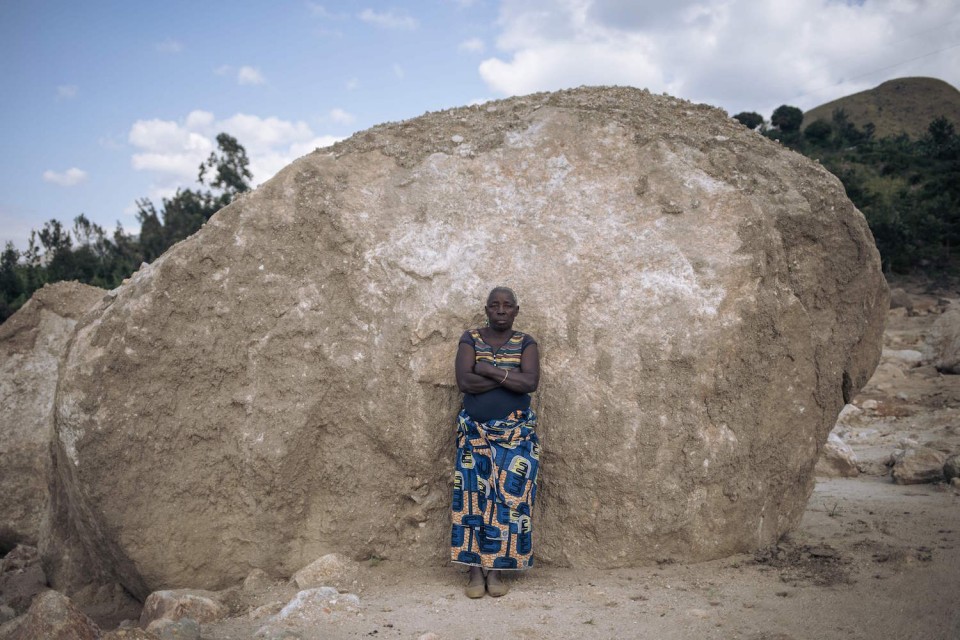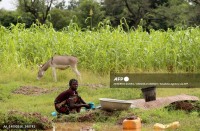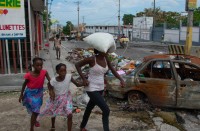
GENEVA, June 20, 2023 (AFP) – The United Nations sounded the alarm Tuesday over the worsening hunger situation in the Democratic Republic of Congo, saying time, money and resources to help were all running short.
The UN’s World Food Programme said around 25.8 million people will face acute food insecurity this year in the DR Congo — roughly a quarter of the vast central African nation’s population, and the highest number of food insecure people in any country.
The WFP needs $870 million for its humanitarian response in the DRC but is 85 percent short, still needing $738.5 million.
“We are running out of money — and I’m afraid we are running on empty and running out of time,” WFP spokesman Tomson Phiri told reporters in Geneva.
He said the situation was particularly acute in the east of the country, where the WFP aims to reach 3.6 million vulnerable people in the next six months.
“This is the highest form of alert, but there is a significant gap between the number of people in need and those being reached with food assistance,” Phiri said.
“Eastern Congo is a classic example of a forgotten crisis. The region has all the ingredients of a humanitarian catastrophe: conflict, constrained access, a socio-economic and climate crisis, and a crippling funding shortage.
“The east of the country is grappling with active non-state armed groups, aggravating the ongoing cycle of violence, triggering massive population displacement, and exacerbating an already fragile humanitarian situation.”
Phiri said that it should take around four days to deliver food assistance from the eastern North Kivu province’s capital Goma to the city of Beni, 240 kilometres away — but it is now taking three to four months, due to insecurity.
People were surviving from hand to mouth, he added.
“They are literally scrounging for survival… DRC is really, really a desperate situation,” he said.
Political tensions combined with a security crisis and economic woes are creating a powerful and troubling brew in sub-Saharan Africa’s biggest country.
Almost one million people have fled their homes in eastern DRC so far this year, the UN’s International Organization for Migration said Thursday, citing armed attacks against civilians and growing instability.
Armed groups have plagued much of the eastern DRC for three decades, a legacy of regional wars that flared in the 1990s and 2000s.







